What inspired you to apply for the BLAKE Expeditions programme?
I’ve always had a strong connection to the outdoors, growing up in Taranaki. The mountains, the beaches—nature has always been a big part of my life. As I got older, that connection turned into a passion for environmental science, especially climate change mitigation. When I learned about the BLAKE Expeditions and the chance to do real, hands-on science in some of New Zealand’s most incredible environments, I knew I had to apply. It was a once in a lifetime opportunity to explore somewhere truly spectacular, learn heaps and deepen my understanding of New Zealand’s natural world.
Can you describe your experience on the Fiordland Expedition?
It was absolutely incredible. Fiordland is like nothing I’ve ever seen before—so wild and untouched. The expedition took us into some of the most remote parts of the region, where we worked on environmental science projects with a team of scientists and other young leaders. One of the main projects I was involved in was carbon sequestration research. We measured how much carbon the fiords in Fiordland were absorbing, which is so important for understanding how these ecosystems can help combat climate change.
What research did you participate in while in Fiordland?
There were two different parts to it. First we worked with Christina Riesselman and Lucy Davidson and looked at the sediment in the bottom of the Fiords. We would send down some equipment on to the bottom of the fiord and bring up multiple cores of the sediment so we could measure the carbon within them and see how much the fiord is storing.
We also took part in seismic surveying. That was something completely new for me. We used special equipment to map and study the geological structures beneath Fiordland with Andrew Gorman. This was so we could take the information we got from the sediment cores and scale it across the entire fiord and hopefully get an understanding of how much carbon the fiords are sequestering.
It was really eye-opening. Being in the middle of these fiords and knowing that they’re playing such a critical role in absorbing carbon—it gave me a new perspective on how interconnected everything is. The work we did felt so meaningful because it’s contributing to a larger effort to understand and fight against climate change. It was a powerful experience, and it reinforced my commitment to pursuing environmental science.
What challenges did you face during the expedition?
I have to say I loved pretty much everything on the trip except perhaps the persistent sandflies and losing my lunch over the side of the boat on a rough sea transit.
What were your highlights?
Alongside the research and hands on experience, I loved exploring the remote Fiords with the other students. We kayaked down rivers, saw many dolphins and other wildlife, marvelled at bioluminescence and even took a plunge into the icy waters of the Fiords.
Has BLAKE Expeditions influenced your future goals in any way?
The expedition really confirmed for me that I want to pursue a career in environmental science, specifically in climate change research. I’ve always been interested in the idea of working in Antarctica, and this experience made me realize that’s what I want to focus on. The hands-on work, the opportunity to learn from experts, and the sense of purpose I felt—it all made me more determined to be part of the solution to the environmental challenges we’re facing.
What’s next for you after this expedition?
I’m excited to keep building on what I’ve learned. I’m involved with Forest and Bird Youth, and I recently set up a chapter in Taranaki, so I’m continuing to work on local conservation efforts. But I’m also looking ahead to university, where I plan to study environmental science. I want to keep pushing myself, keep learning, and ultimately, make a real difference in the fight against climate change. The expedition was a big step in that journey, and I’m ready to see where it takes me next.





